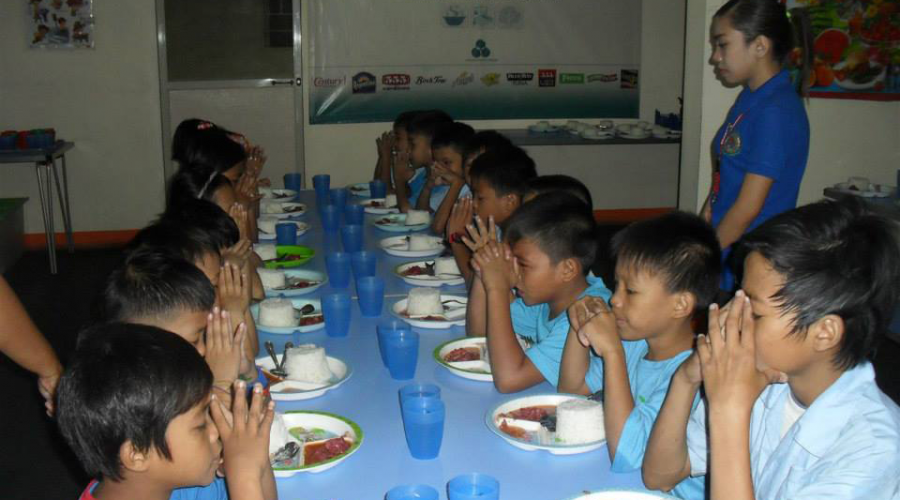Food bank bill, casualty of fake news
As we celebrate World Food Day today (Monday), Senator Bam Aquino pointed out that the food bank bill is yet another casualty of fake news.
“Dahil sa paggamit ng fake news laban sa akin, pati ang mabuting reporma, siniraan na. Sayang ang Zero Food Waste bill na magpapatayo sana ng mga food banks sa bansa,” said Sen. Bam Aquino, referring to his Senate Bill No. 357.
If passed into law, the measure would create a National Anti-Food Waste Scheme, with the Department of Social Welfare and Development (DSWD) as coordinating agency between food businesses, such as food manufacturers, supermarkets, restaurants, cafeterias, and hotels, and food banks.
The measure mandates restaurants and supermarkets to give unserved food, such as canned goods and uncooked rice, to food-distribution charities or “food banks” to provide food to the poorest Filipino families.
Sen. Bam said the scheme will set guidelines and standards for the collection, storage, and distribution of edible food donated to food banks.
Cooked food or food waste would not be served but, instead, will be recycled into fertilizer or compost.
Unfortunately, several dubious websites and blogs falsely branded the bill, making it appear that it was meant to serve leftover food to the poor. Those websites even carried a fake quote from the senator.
“I can overlook the name-calling, pero sayang naman ang panukalang ito na makakatulong sa mga Pilipinong nagugutom. Nakain na ng fake news ang food bank bill,” Sen. Bam lamented.
The senator still hopes this reform can be resurrected and heard in the Senate to help address hunger in the country as well as reduce the wastage of food.


Recent Comments